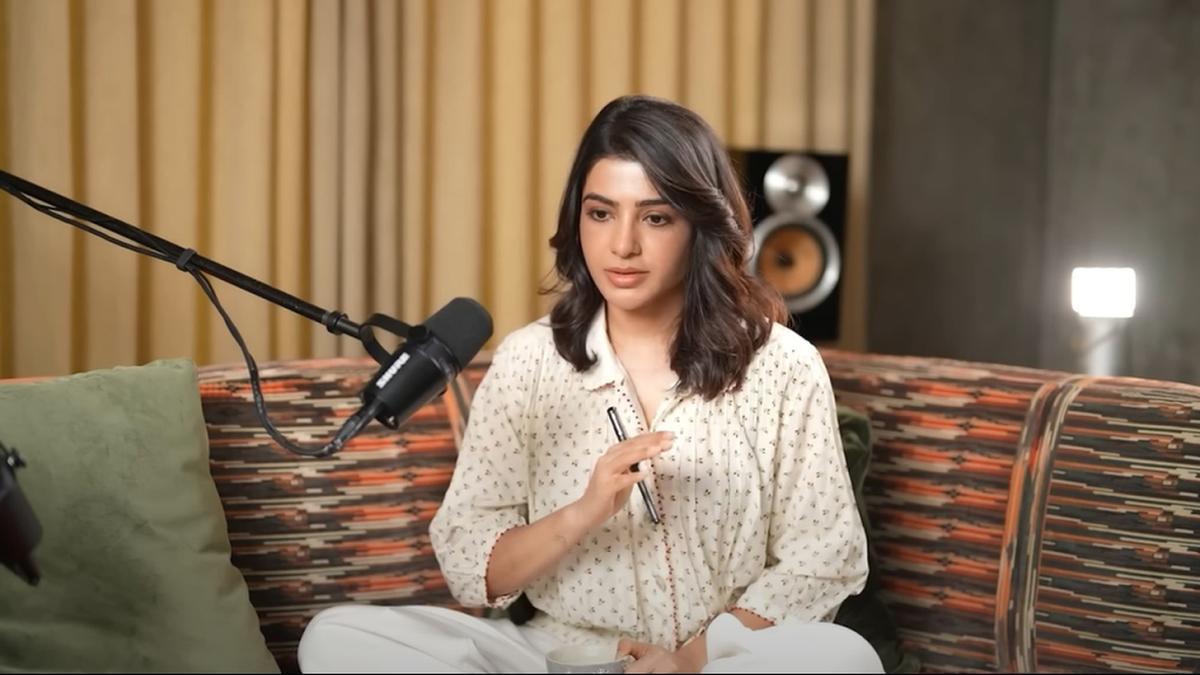
In the bustling arena of India’s music industry, composer Amit Trivedi stands out not just for his distinctive compositions but for his charismatic presence that seems particularly buoyant. This energy isn’t just a personal characteristic but a feature that often precedes exciting musical projects. His latest endeavor with the album “Azaad Collab” from his independent label, AT Azaad, is a testament to this vibrancy. Trivedi, with a mix of excitement and nervous anticipation, unveils an album featuring remarkable collaborations with renowned artists such as Sunidhi Chauhan, Armaan Malik, and Neeti Mohan, aiming to redefine these playback singers as front-faces of new musical narratives.
Trivedi launched AT Azaad in April 2020 with the ambition of creating a space where artistic freedom is paramount. Unlike traditional labels like T-Series or Saregama, Trivedi’s brainchild is an artist-driven initiative that allows him to steer the ship in any creative direction he chooses. “I am putting in the work and money. I should have the freedom to make what I want,” Trivedi expresses, highlighting the restrictive nature of conventional label contracts that he avoided by establishing his own platform. Despite the challenges, Trivedi acknowledges the journey with a hopeful outlook. He candidly admits that while his label has seen moderate success, the potential for growth is immense. The arrival of “Azaad Collab” is a beacon of optimism for both Trivedi and his label, promising a rich mixture of pop, folk, and Sufi influences.
Delving into the mechanics of music-making at AT Azaad, Trivedi sheds light on how numerous songs created for films, but not used, find a second life within his label. This innovative approach ensures that notable tracks such as “Rangeeni,” initially crafted for cinematic purposes but left unused, can capture the audience’s heart elsewhere. Many songs within the album are a blend of film music and new creations crafted with the album’s structure in mind, providing a unique listening experience.
“Azaad Collab” is celebrated not just for its music but for its ambitious collaborations featuring 22 artists. With names like Jubin Nautiyal, Hansika Pareek, Neha Kakkar, and Nikita Gandhi, the album boasts a lineup of artists diversifying into new roles beyond playback singing. By starring in their own music videos and performing vivaciously, these musicians like Armaan Malik, Sunidhi Chauhan, and Neeti Mohan are depicted not just as vocalists but as multi-dimensional performers, akin to rock stars.
.
Trivedi has also infused novelty into this project through unique pairings of artists who have never worked together before, such as Jubina Nautiyal with Hansika Pareek and Javed Ali with Shahid Mallya. Each collaboration is a new artistic experiment, breaking conventional molds and fostering a fresh soundscape. The result is an album rich with pop sensibilities yet interspersed with folk and Sufi elements, creating an auditory canvas with bright and smooth textures.
Reflecting on the current landscape of the music industry post-pandemic, Trivedi remarks on a significant democratization in music production. He observes how artists now have unprecedented freedom to share their work, though this has also led to an overwhelming influx of content with no robust filtration process. “Everybody and anybody can showcase their content easily… but today’s challenge is making your work stand out,” he notes, recognizing both the opportunities and hurdles this presents for artists.
The conversation also touches on the current state of film music, where Trivedi sees a stagnation in its traditional vibrancy. Despite historical patterns of lull, the current scenario appears more pronounced, driven by shifts in viewing habits with audiences gravitating towards OTT platforms and away from theaters. Trivedi remains hopeful, suggesting that the industry may revive and re-inspire great cinematic music in time.
Offering advice to budding musicians, he urges them to focus on honing their talent amidst a highly competitive field. With thousands of composers emerging annually in the film industry alone, he emphasizes that success can sometimes boil down to sheer luck or significant investment, but genuine talent remains an indispensable asset.
Trivedi’s journey with “Azaad Collab” mirrors his belief in music’s transformative power and his commitment to nurturing India’s music icons of tomorrow. As this new chapter unfolds, it not only exemplifies the creative vision of Amit Trivedi but also sets a precedent for innovation and independence in India’s dynamic music scene.










